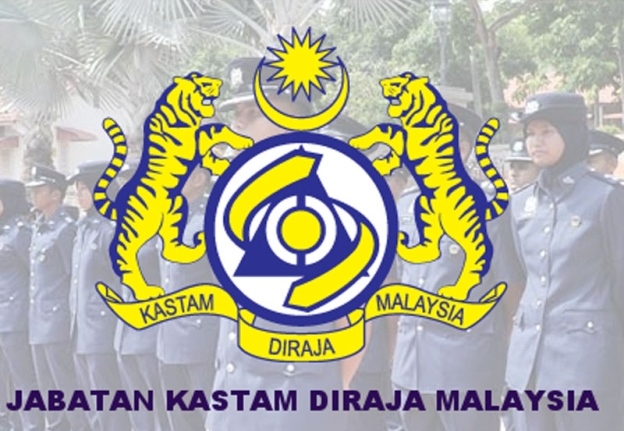PUTRAJAYA, June 13 — The Royal Malaysian Customs Department (JKDM) is offering reward to members of the public with information that leads to the arrests of syndicates or individuals involved in criminal activities, including drug trafficking, says Deputy Finance Minister Datuk Seri Ahmad Maslan.
He said, however, the offer does not apply to customs personnel because it is part of their job.
He said this during a media conference after officiating the meeting of the main committee of the Authorised Economic Operator (AEO) compliance programme here today.
It was reported that JKDM seized 454 kg of drugs worth nearly RM70 million in three raids mounted in Port Klang and the Kuala Lumpur International Airport (KLIA) Air Cargo Complex, Sepang earlier this month following the information it received from the Interior Ministry of Saudi Arabia regarding the drugs-filled container, which was making its way from South America to a country in South Asia.
On the drug smuggling case from Port Klang to Brisbane, Australia, Ahmad said the incident gave Malaysia a bad name.
“The government views the matter, involving this loophole that led to the incident, seriously,” he said, adding that JKDM needs to improve monitoring, intelligence and sharing of information to curb the activities of drug trafficking syndicates passing through the country.
The media reported that Australian authorities seized 336 kg of drugs believed to be heroin estimated to be worth AUD268.8 million (RM789.56 million) from a shipping container from Malaysia to Brisbane on March 13.
Meanwhile, on the AEO, Ahmad said a total of 136 companies have obtained AEO accreditation from JKDM from 2022 until May this year, adding that it targeted 41 new companies to be accredited this year.
The National AEO programme aims to facilitate the goods clearance mechanism through integrated trade facilitation, cultivate more transparent corporate governance among stakeholders, and ensure payment of duties and taxes are collected more accurately to increase government revenue.
The initiative was introduced by the World Customs Organisation in 2005 and had been implemented by the JKDM since 2010.
— Bernama





